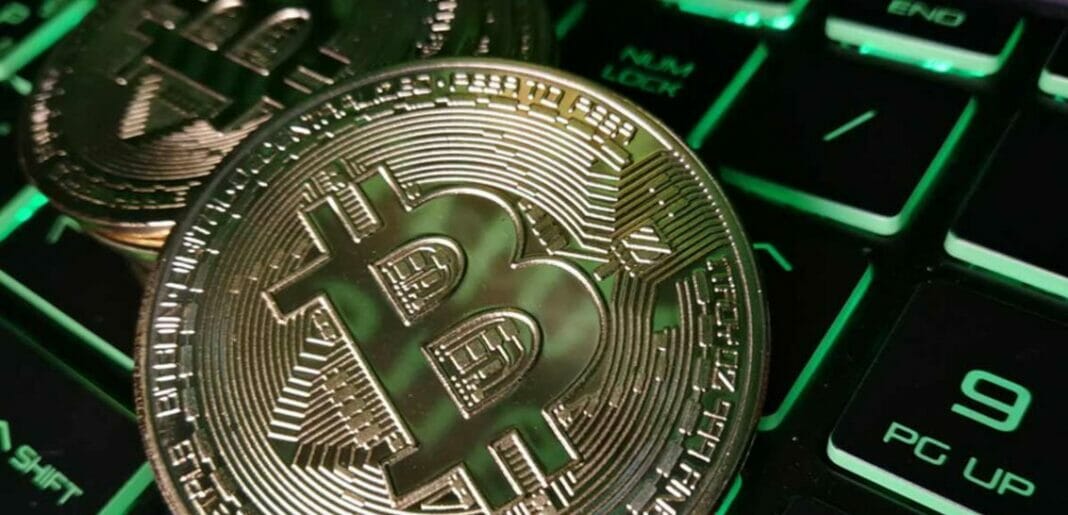The attack by Russia against Ukraine leads people worldwide to question the state’s power. Bitcoin allows for many security and privacy alternatives to confront the abuse of power.
The seeming lack of control in the conflict between Russia and Ukraine forces everyone to question how humanity lives. People change their minds or rekindle their convictions when there is a war on the horizon. That includes the idea that Bitcoin plays a determining role in the distribution of power and the evasion of state control.
Bitcoin inspires those trying to escape from established forms of control in conflicts, like the war between Russia and Ukraine. For example, banks, the state’s centralized power, and the military institution could affect citizens.
The Central Bank of Russia recently announced control in the foreign exchange market. Before that, the Russian stock market fell by 33%, and the European Union blocked the purchase of sovereign debt through 27 banks. That affected traders who import products, small entrepreneurs, and people with little purchasing power.
The financial institution also blocked the funds of Russian billionaires in Great Britain, and Germany disapproved of the Nord Stream 2 gas pipeline. Besides, more than 351 legislators of the Duma, three banks, and 27 citizens and entities that finance the separatists could receive sanctions.
However, the worst part seems to be on the side of Ukrainians, who have fled their homes fearing the bombing. In addition, international organizations remain still after the central bank of the country banned transactions with electronic money. Therefore, people who want to leave the nation could not take their savings if they have nothing left to carry.
Reflecting and Inventing Strategies Are Forms to Combat Control
Paradoxically, the best ideas arise in moments of crisis like the one between Russia and Ukraine. That should be a reason to reflect, question, and create strategies to face the control of governments or state institutions like banks.
Bitcoin is an alternative in those situations since no power or state can seize it. The latter cannot force a growing international community to change the rules supporting that decentralized electronic cash payment network.
Regardless of particular miners, the sum of computers validating and updating the status of transactions represents the power of collaborative work. That force does not have to give in to pressure from the military, the police, and the government. The connection to the network will allow people to transfer money without depending on banks or submitting to selfish legislation.
The decentralization concept promotes awareness of the risks of not confronting those wanting to take over everything. In other words, reflecting and inventing alternative strategies are forms to combat control.
Nobody Is the Owner of the Bitcoin Network
It is impossible to change the operation of Bitcoin for it to adopt the practices of already institutionalized payment systems. Not even a Bitcoin programmer could claim authority over the network, as with most projects developed in open source.
If a user collected enough computers to censor transactions or become a superpower, the others would only have to copy the code of Bitcoin. Given that it is free to use, they could create a new chain or pick it up at the point of the attack.
Bitcoin can isolate an entity attempting to use its power to harm someone, obtain a short-term benefit through a hack, or take control by force.
The attack by Russia against Ukraine could not affect the alternatives offered by Bitcoin regarding security and privacy.
Although many do not consider Bitcoin a store-of-value asset in this conflict, it allows moving money across dangerous borders.
By Alexander Salazar











